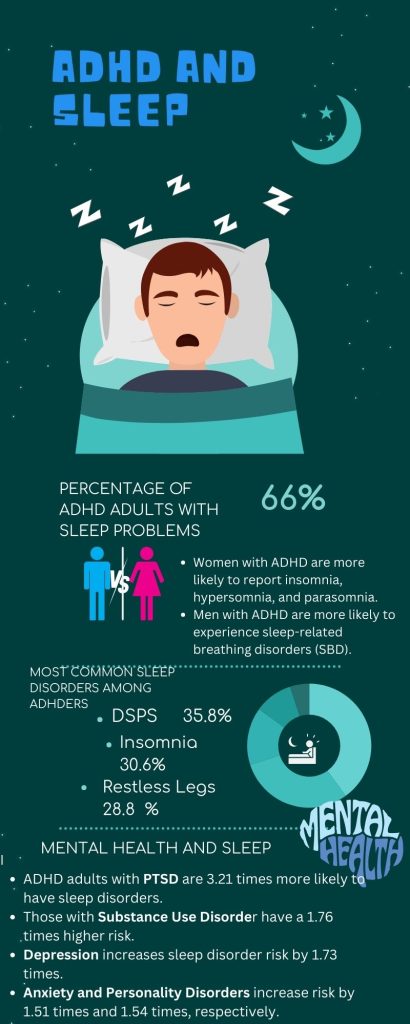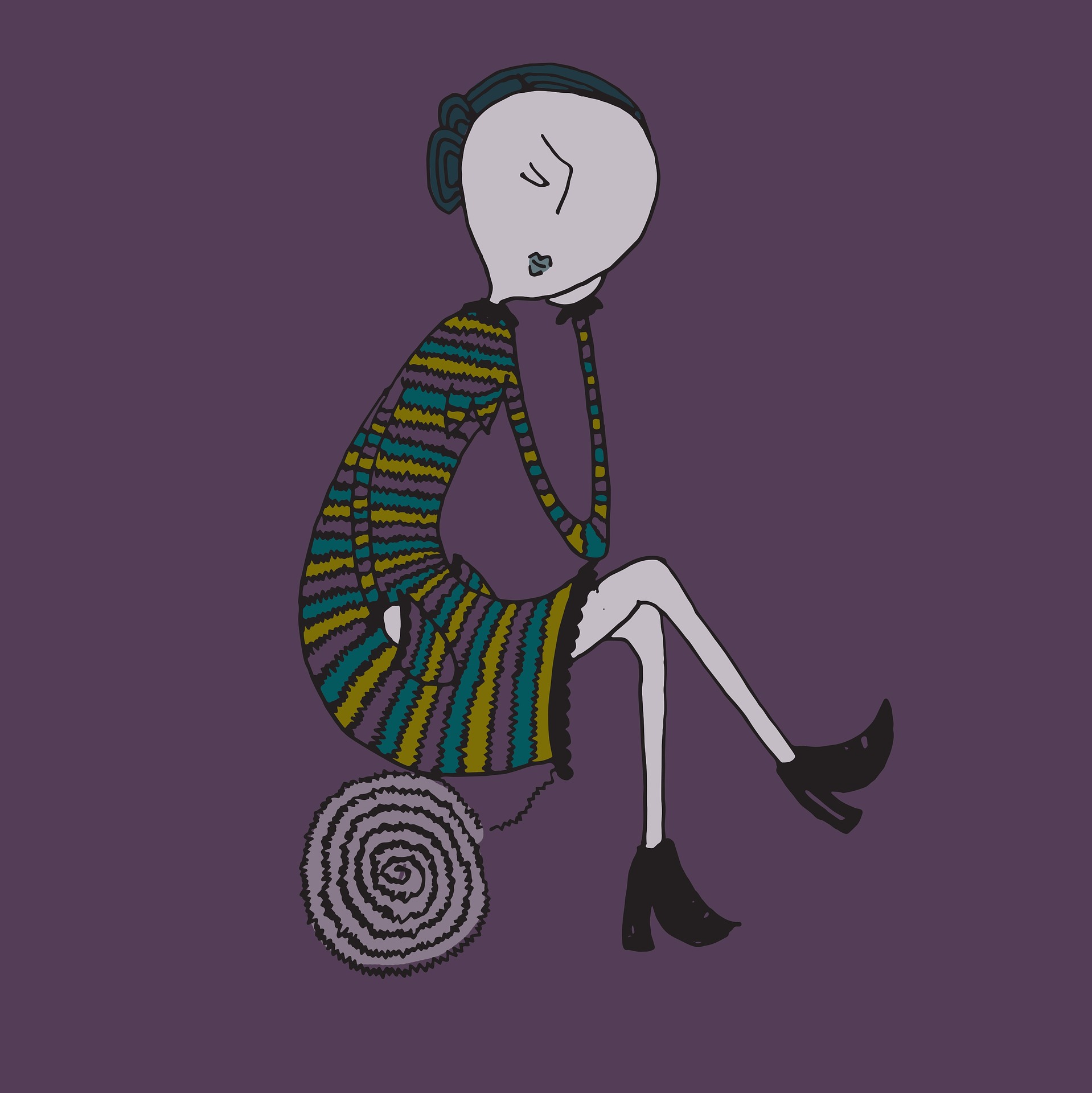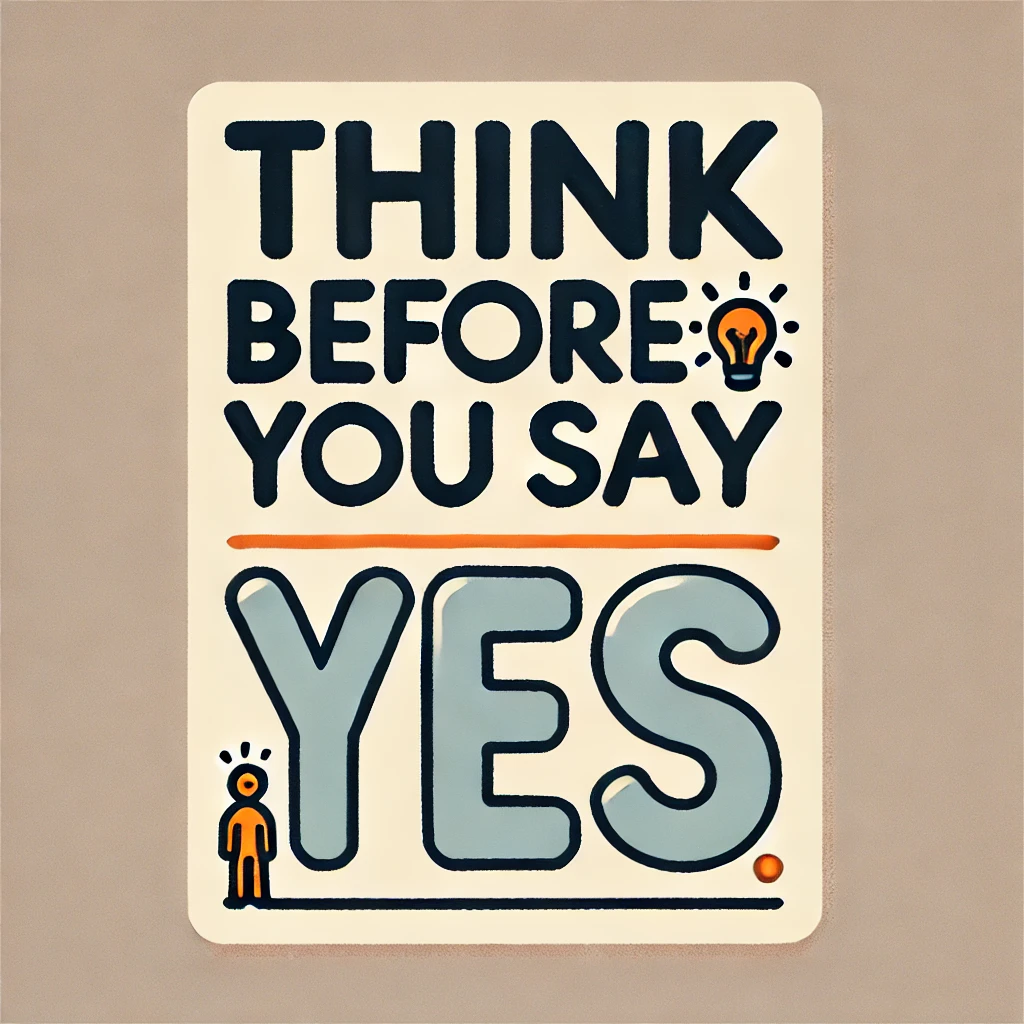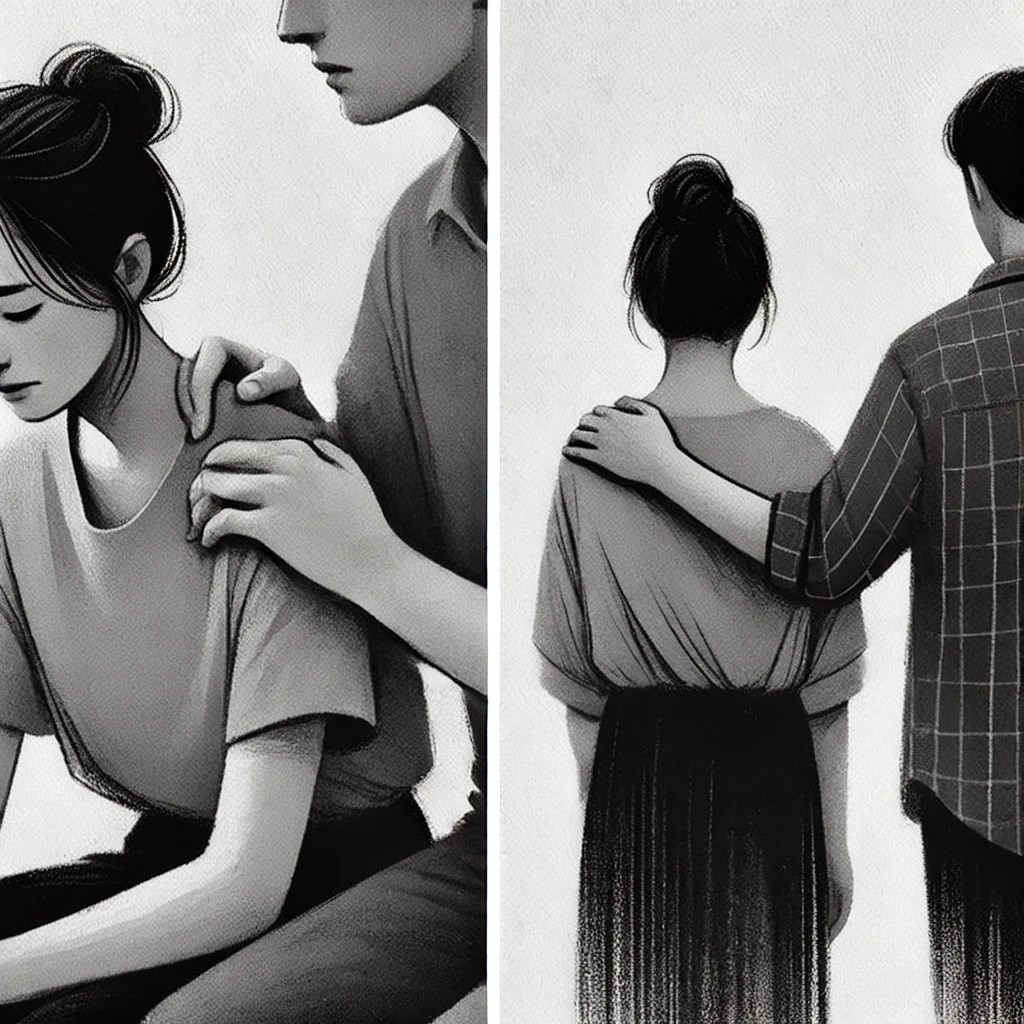Sleep Problems in Adults with ADHD
Understanding Sleep Problems in Adults with ADHD: Comprehensive Solutions and Latest Research Insights
Introduction: Why ADHD and Sleep Problems Are Closely Linked
Sleep problems in adults with ADHD are common and often overlooked. The unique relationship between ADHD symptoms and sleep disturbances can lead to chronic sleep issues, affecting mental health, daily function, and overall well-being. Recent research has illuminated just how widespread these sleep problems are, as well as their connection to co-occurring mental health conditions. Here, we delve into the complexities of sleep problems in adults with ADHD, exploring recent findings, common sleep disorders, and effective management strategies.
Key Findings: Sleep Problems in Adults with ADHD Are Highly Prevalent
According to a 2024 study by Van der Ham and colleagues, approximately two-thirds of adults with ADHD experience sleep disorders. This prevalence highlights the need for tailored approaches to sleep health for ADHD individuals. The study identified the most common sleep problems in adults with ADHD as:
- Delayed Sleep Phase Syndrome (DSPS): 35.8%
- Insomnia: 30.6%
- Restless Legs Syndrome (RLS): 28.8%
Adults with ADHD were almost twice as likely to experience multiple sleep problems compared to those without ADHD, especially if they had coexisting mental health conditions. These findings underscore that, for ADHD adults, sleep is a complex issue that goes beyond simple insomnia or fatigue.
Types of Sleep Problems in Adults with ADHD
Each sleep disorder affects adults with ADHD in unique ways. Here’s a breakdown of common sleep problems linked to ADHD:
- Delayed Sleep Phase Syndrome (DSPS) DSPS shifts the body’s natural circadian rhythm, making it difficult to fall asleep at typical times and leading to late wake-up times. Many adults with ADHD naturally lean toward later bedtimes, which can make it hard to adhere to conventional schedules.
- Insomnia and Hypersomnia Insomnia—difficulty falling or staying asleep—is frequently reported by adults with ADHD. This can lead to fatigue, irritability, and worsened ADHD symptoms. Hypersomnia, or excessive sleepiness, may also occur and is sometimes tied to medication or irregular sleep patterns.
- Restless Legs Syndrome (RLS) and Periodic Limb Movement Disorder (PLMD) RLS, characterized by an urge to move the legs at night, disrupts sleep and is more common in ADHD populations. PLMD, which involves involuntary limb movements, further disturbs rest.
- Sleep-Related Breathing Disorders (SBD) SBDs like sleep apnea are more common among men with ADHD, causing night-time awakenings and fragmented sleep, which worsens ADHD symptoms due to poor rest.

Gender Differences in Sleep Problems Among ADHD Adults
The Van der Ham study also revealed that sleep problems in adults with ADHD vary by gender. Women with ADHD are more likely to report insomnia, hypersomnia, and parasomnia, while men report sleep-related breathing disorders more frequently. These findings highlight the need for gender-sensitive approaches to managing sleep issues in adults with ADHD.
ADHD, Sleep, and Psychiatric Comorbidities
Psychiatric comorbidities, like PTSD, depression, and anxiety, significantly increase the risk of sleep disorders among adults with ADHD. Here are key findings from recent research:
- PTSD: ADHD adults with PTSD are over three times more likely to develop a sleep disorder.
- Depression and Anxiety: These conditions raise the odds of sleep problems in adults with ADHD.
- Substance Use Disorders: Alcohol or drug use compounds sleep issues, making holistic treatment essential.
These comorbidities add complexity to sleep problems in adults with ADHD, requiring a comprehensive approach to successful management.
The Challenges of Misdiagnosing Sleep Problems as ADHD Symptoms
Symptoms like restlessness, difficulty concentrating, and emotional dysregulation can look like ADHD but are also signs of sleep problems in adults with ADHD. Misdiagnosing sleep disorders as ADHD symptoms—or vice versa—can lead to ineffective treatment. Accurate assessment of sleep problems is crucial for ADHD management.
Practical Solutions for Managing Sleep Problems
Effectively managing sleep problems in adults with ADHD involves behavioral strategies, lifestyle adjustments, and sometimes medical interventions.
- Behavioral Approaches
- Cognitive Behavioral Therapy for Insomnia (CBT-I): Highly effective for treating insomnia, CBT-I helps change sleep-disrupting habits and can be tailored to ADHD challenges.
- Bedtime Routines: Establishing a consistent, calming routine can make a world of difference. ADHD adults may benefit from relaxing activities like reading or listening to soothing music.
- Lifestyle Adjustments
- Exposure to Morning Light: Natural light exposure regulates the circadian rhythm, making it easier to fall asleep at night.
- Physical Activity: Regular exercise promotes better sleep quality, though it’s best to avoid intense evening workouts to prevent alertness at bedtime.
- Reducing Screen Time: Limiting blue light exposure an hour before bed can enhance melatonin production and improve sleep.
- Natural Supplements and Medications
- Melatonin: This natural sleep aid helps regulate sleep timing, though it should be used under professional guidance, especially with ADHD medications.
- Medication Adjustments: In some cases, adjusting stimulant dosage or timing may improve sleep.
- Comprehensive Care
- Integrative treatment that addresses ADHD, psychiatric comorbidities, and sleep issues often proves most effective, combining behavioral therapy and lifestyle changes for long-term improvement.
FAQs on Sleep Problems in Adults with ADHD
- Why do adults with ADHD struggle with sleep? ADHD symptoms complicate sleep by making it difficult to wind down and maintain a routine. Hyperarousal is common, making it harder to relax.
- How does ADHD affect specific sleep disorders? ADHD can amplify discomforts like RLS and insomnia, making these issues more intense.
- What are effective treatments for sleep problems in adults with ADHD? CBT-I, consistent sleep routines, lifestyle adjustments, and in some cases, medication are effective. Personalizing treatments to the ADHD profile improves outcomes.
Final Thoughts: Moving Towards Better Sleep for Adults with ADHD
ADHD and sleep issues create a challenging combination, but effective strategies can make a difference. Early diagnosis and specialized treatment can reduce the effects of sleep problems on ADHD symptoms. By advocating for comprehensive care, adults with ADHD can work toward restful, restorative sleep.








